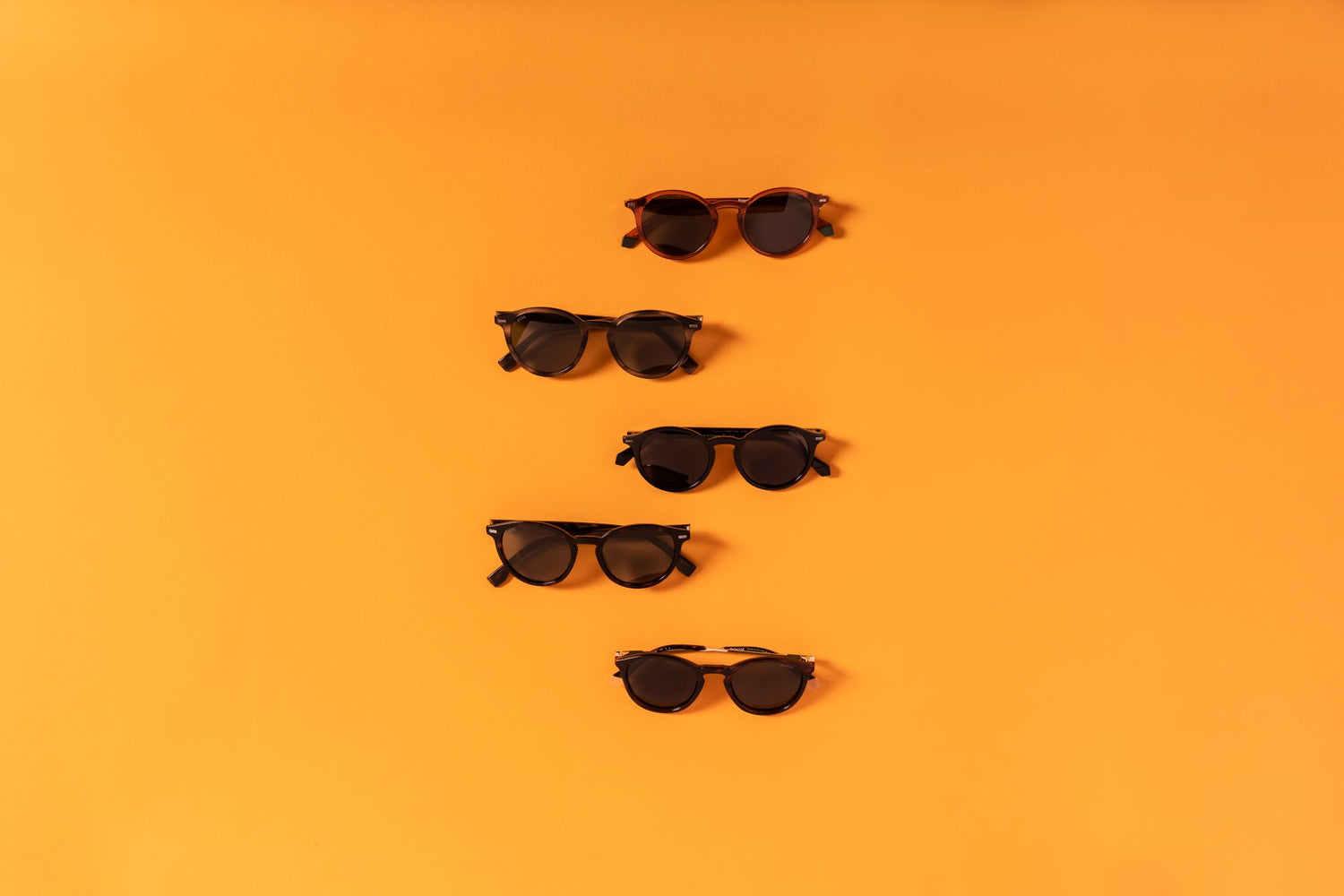As the temperature drops in Australia and the days become shorter, many people tend to put away their sunglasses, thinking that they are only necessary during the warmer months.
However, the truth is that sunglasses are just as important in the winter as they are in the summer. In this article, we will explore why you should wear sunglasses in winter, what kind of sunglasses to wear in winter, and the benefits of protecting your eyes all year round.
Sunglasses are important all year round
It is a common misconception that sunglasses are only necessary during the summer months, when the sun is at its strongest. However, UV rays can be just as harmful in the winter, particularly in Australia where the ozone layer is thin, allowing more UV rays to reach the surface. According to the Cancer Council Australia, UV radiation can cause damage to the eyes all year round, and it is important to protect your eyes from both UVA and UVB rays.
Why you should wear sunglasses in winter
There are several reasons why you should wear sunglasses in winter:
- Protection from UV rays: As mentioned earlier, UV rays can be just as harmful in the winter as they are in the summer. Wearing sunglasses with UV protection can help to prevent damage to the eyes.
- Glare reduction: The low winter sun can cause glare off surfaces such as snow and ice, which can be particularly dangerous when driving. Wearing polarised sunglasses can help to reduce glare and improve visibility.
- Eye comfort: The winter sun can be bright and harsh, causing discomfort and eye strain. Wearing sunglasses can help to reduce the amount of light entering the eyes and make outdoor activities more comfortable.
What kind of sunglasses to wear in winter
When it comes to choosing sunglasses for the winter months, there are a few things to consider:
- UV protection: Look for sunglasses with a high level of UV protection, ideally 100% for both UVA and UVB rays.
- Polarisation: Polarised sunglasses are particularly effective at reducing glare and improving visibility in snowy or icy conditions.
- Lens colour: Choosing the right lens colour can make a big difference in the winter. Grey, brown or green lenses are good all-rounders, while yellow or orange lenses can enhance contrast in low light conditions.
In summary, wearing sunglasses in winter is just as important as wearing them in summer. Protecting your eyes from UV rays, reducing glare and improving comfort are all good reasons to wear sunglasses in the colder months. When choosing winter sunglasses, look for UV protection, polarised lenses and the right lens colour for your needs.
Check out our range of Polarised Sunglasses.
References:
- Cancer Council Australia. (n.d.). Sun protection in the workplace. Retrieved from https://www.cancer.org.au/cancer-information/causes-and-prevention/sun-safety/sun-protection-in-the-workplace
- The Vision Council. (2019). Sunglass Lens Color Guide. Retrieved from https://www.thevisioncouncil.org/content/sunglass-lens-color-guide
- Vision Direct. (2022). What are polarized sunglasses and why do you need them? Retrieved from https://www.visiondirect.com.au/blog/what-are-polarized-sunglasses-and-why-do-you-need-them/





